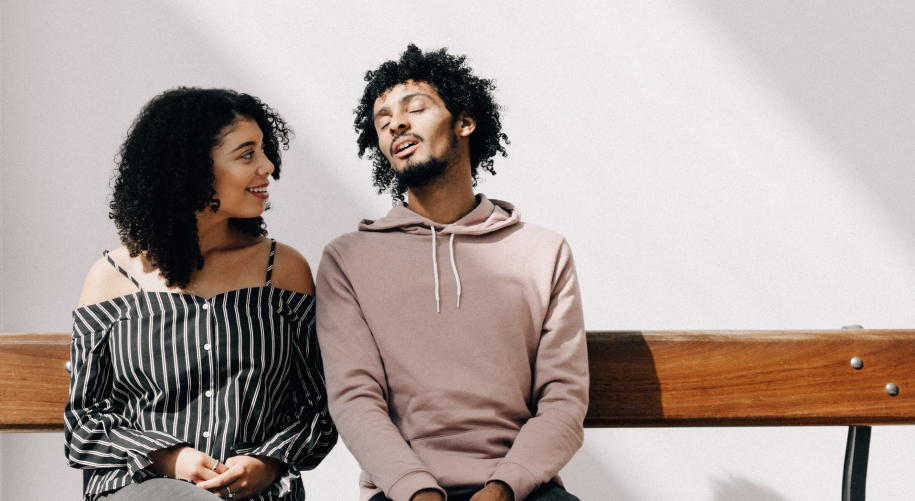
Breadcrumb
- Essential Partners
- Our Impact
- News and Notes
- Q&A: The Gender Dialogues
Q&A: The Gender Dialogues

In this piece from our Spring 2011 newsletter, Program Manager and Associate, Alison Streit Baron talks about two Essential Partners gender dialogues, one in New York, NY and one in Cambridge, MA. She is interviewed by intern Julie Ebin.
What were the gender dialogues?
They were an opportunity for women and men to reflect upon and share their own experiences of gender, and to both respond to and ask questions in a thoughtful, intentional way that’s different from a lot of everyday conversation. The people I recruited mostly had no idea what the dialogue would be like but felt drawn to participate.
What was the point of having these?
Everyone has an experience of gender, whether they think about it or not. We wanted to give people the chance to reflect and talk in an honest and thoughtful way about their experiences, and to ask about other folks’ experiences.
Gender dialogues explore people’s understanding of themselves amidst the cultural shifts in their lifetimes. They are a chance to focus on how gender affects people’s everyday lives. What are people’s experiences of power? What is an individual woman’s experience of being a woman and what impacts that?
What did you learn about men and women’s experiences of the world?
First, many women said that their experiences were affected both by their age and whether they were mothers or not.
Second, being parents requires people to think about gender, whether they have sons or daughters or both. Parents talked about their own and their children’s experiences of gender, how those are different or the same or not exactly what they thought, and how they do or don’t conform to stereotypes.
Third, people don’t get to have this kind of conversation very often and they really welcomed it. Most people said at the end, “I didn’t know what to expect, and the dialogue made me realize how little I get to reflect, talk, and respond to other people in this way.”
In one, a woman said to one of the men, “In another context I would have gone ballistic about what you said. But here I could just take it in and ask about it.”
Dialogues can really shift people’s relationships. They are a self-exploration, but also a pondering of, “Well, how do we want to be in relationship to each other? How do we want to talk to each other in the workplace, on campus, in our families?”
You mentioned that the gender dialogues weren’t just about talking across genders, but also within each gender group.
It was really a group of individuals all talking to one another. The women, who were of different ages, races, and backgrounds, asked each other questions too. A young man at a Christian college talked with an older, immigrant man who is a father of two and is in a very different place in his life. So, even though the orientation to this dialogue was men and women, that’s not the only relevant difference.
Gender served as a lens to experience dialogue.
Interestingly, both groups were pretty racially diverse but because the lens was on gender, people for the most part did not focus on racial identities, which I thought would have been more salient.
A bunch of people did say that it’d be great to do this with race too, and by extension I can imagine doing it with anything and everything. What couldn’t dialogue invite us to explore? Sexuality? Class?
Where might you go with gender dialogues in the future?
We’ve been talking with potential partners, thinking about ways this could be useful in the world. It relates to work we’ve done bringing people together in fields that overlap but are sometimes at odds with one another: for example, domestic violence, healthy families, and responsible fatherhood. Because those groups work on related policy concerns, to be in opposition is not helpful to anyone. In many fields we could get advocates who are coming at something from different angles to talk to each other across divides, including gender, race, and/or class.
EP has done some work on college campuses.
Not specifically on gender, but I think we really could. When I was in college twenty years ago, a lot of the campus rape prevention work that we did declared “all men are potential rapists and all women need to learn that.” I now wonder if that approach really serves the relationships that men and women have with each other, or our relationships with sex or sexuality.
A lot of the dehumanizing assumptions that underlie sexual violence and violence prevention efforts are problems that dialogue could address. Dialogue doesn’t try to erase power differences but asks, “Where do those differences live? How do they get enacted? Can we change them by talking about them differently?”